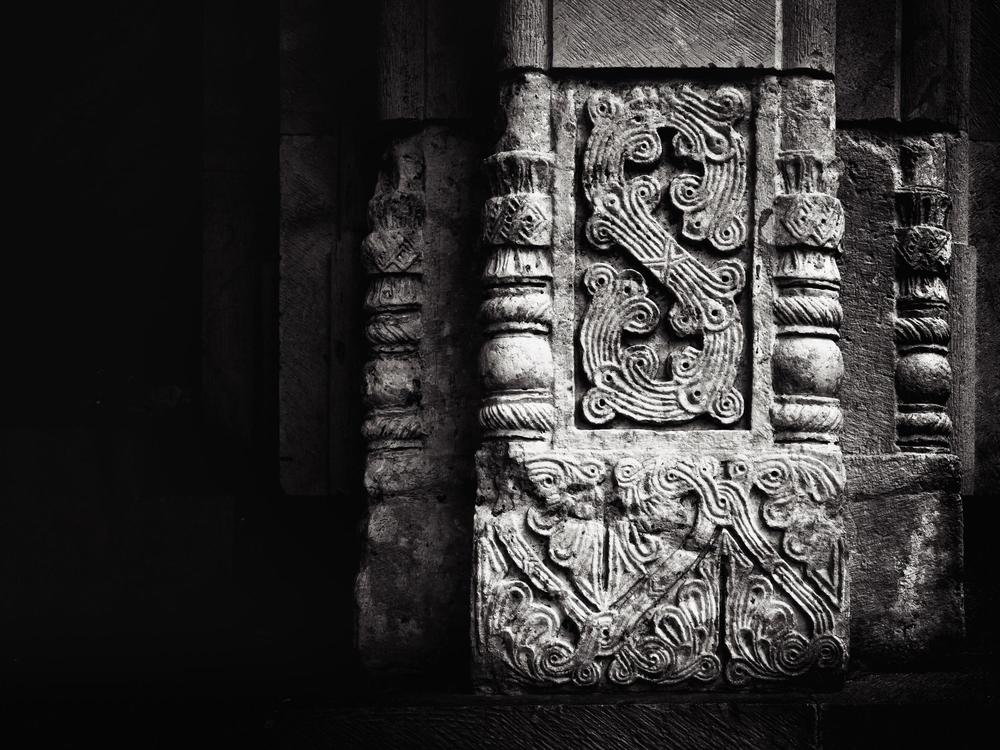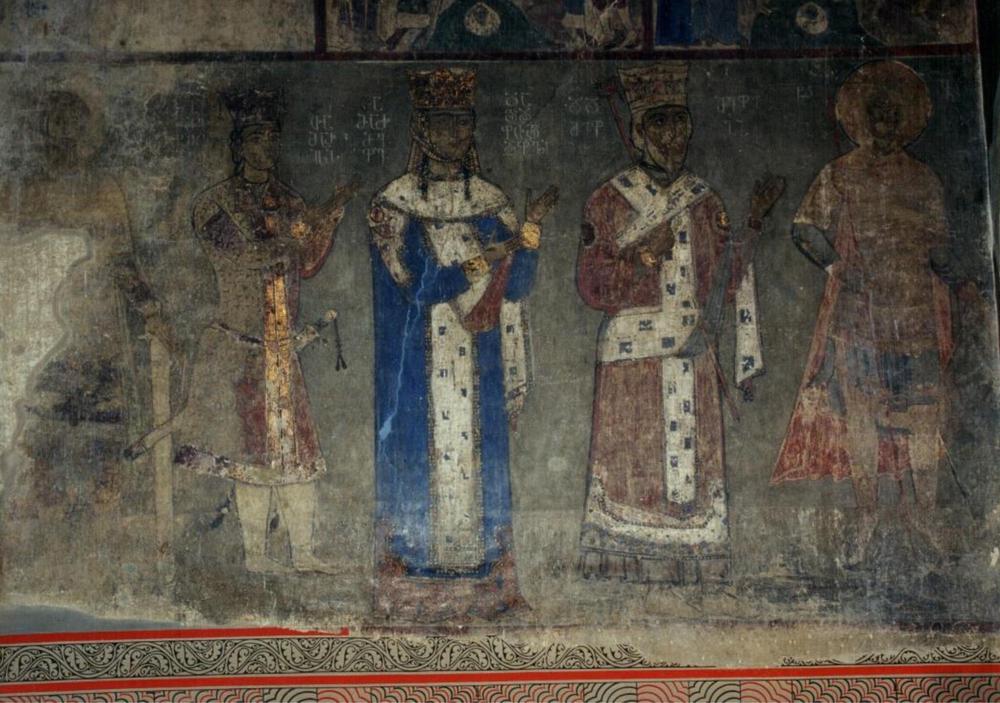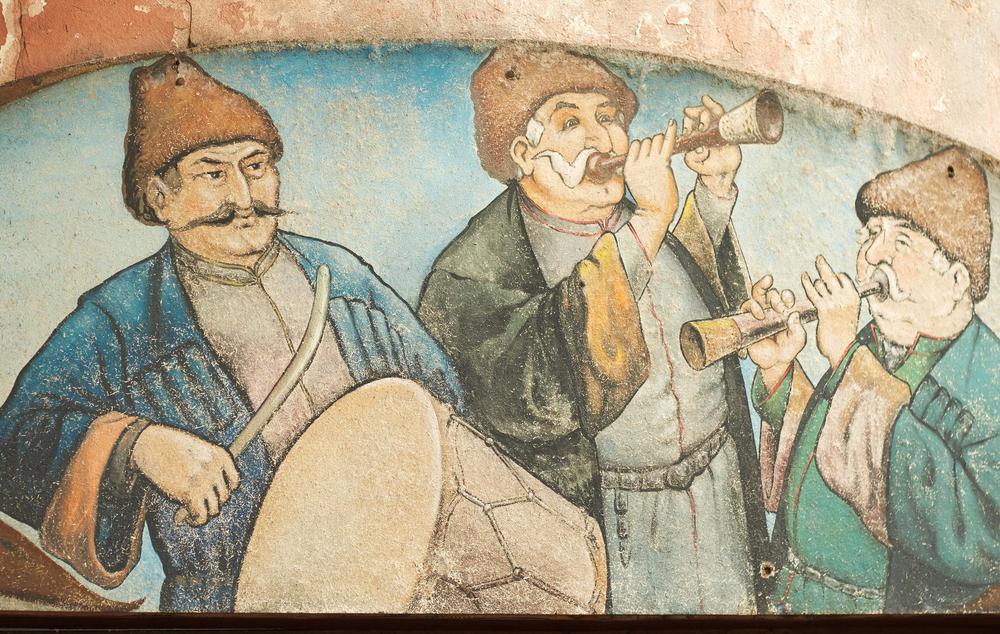Georgia, a country marked by its profound historical roots and diverse cultural heritage, offers a unique perspective into the realm of historical scholarship. This article delves into the intellectual traditions of Georgia, a land where the past and present blend seamlessly, creating a fascinating subject for historians and travelers alike. By exploring its rich historical scholarship, visitors and scholars can gain deeper insights into the country’s significant contributions to culture and art.
The Origins Of Georgian Historical Scholarship
Historical scholarship in Georgia dates back to the early medieval period. The development of Georgian historiography, marked by works like the 11th-century “The Life of Kartli,” illustrates a tradition of chronicling that blends folklore, religious influences, and factual history. This tradition laid the foundation for a distinctive Georgian perspective on history, characterized by its integration of mythology and factual narration, offering a unique lens through which to view the past.
The Golden Age: A Flourishing Of Culture And Scholarship
The Golden Age of Georgia, spanning the 11th to 13th centuries, was a period of significant cultural, political, and scholarly advancement. This era witnessed the proliferation of historical texts, such as “The Georgian Chronicles,” a collection of histories covering the period from Georgia’s mythic origins to the 14th century. These works, often written by monks or commissioned by the monarchy, played a pivotal role in shaping national identity and preserving Georgian culture and history.
Georgian Historical Scholarship In Modern Times
The 18th and 19th centuries marked a new era in Georgian historical scholarship, with the introduction of modern historiographical methods. This period saw the emergence of scholars like Prince Vakhushti, whose comprehensive work, “The Description of the Kingdom of Georgia,” remains a crucial source for understanding Georgian history, geography, and culture. His meticulous approach, combining field research and historical documents, set a new standard for historical scholarship in Georgia.
The Soviet Era: Challenges And Adaptation
The Soviet period presented unique challenges for Georgian historical scholarship. Censorship and ideological constraints often dictated historical interpretation and research. However, despite these restrictions, Georgian historians continued to explore their national history, sometimes under the guise of Marxist-Leninist historiography. This period saw a nuanced approach to historical writing, where scholars had to navigate between state-imposed narratives and the pursuit of factual historical research.
Post-Soviet Revival Of Historical Studies
With the dissolution of the Soviet Union, Georgian historical scholarship experienced a revival. Freed from ideological constraints, historians began re-examining their past with a new perspective. This era witnessed a surge in publications and research that reevaluated Soviet interpretations of history, offering a more balanced and nuanced understanding of Georgia’s historical trajectory.
Historical Scholarship And Tourism: Bridging The Past And Present
The intersection of historical scholarship and tourism in Georgia offers a unique opportunity for travelers. Historical tours, centered around ancient sites and museums, provide an immersive experience into Georgia’s past. These tours, often guided by knowledgeable local historians, offer insights into the country's rich historical tapestry, from the ancient Colchis civilization to the medieval Georgian kingdom, and its journey through the modern era.
Conclusion: The Continual Evolution Of Georgian Historical Scholarship
Georgian historical scholarship, with its deep roots and evolving nature, continues to be a vital aspect of the country’s cultural identity. From medieval chronicles to modern research, Georgian historiography offers a unique perspective on the past, reflective of the country’s rich cultural heritage and complex history. For travelers and scholars alike, Georgia’s historical scholarship is not just an academic pursuit but a journey through time, revealing the soul of this fascinating nation.

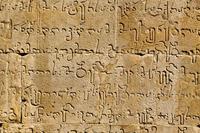 The Language of Georgia
The Language of Georgia
 Philosophical Schools in Georgia
Philosophical Schools in Georgia
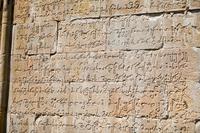 Linguistic Heritage of Georgia
Linguistic Heritage of Georgia
